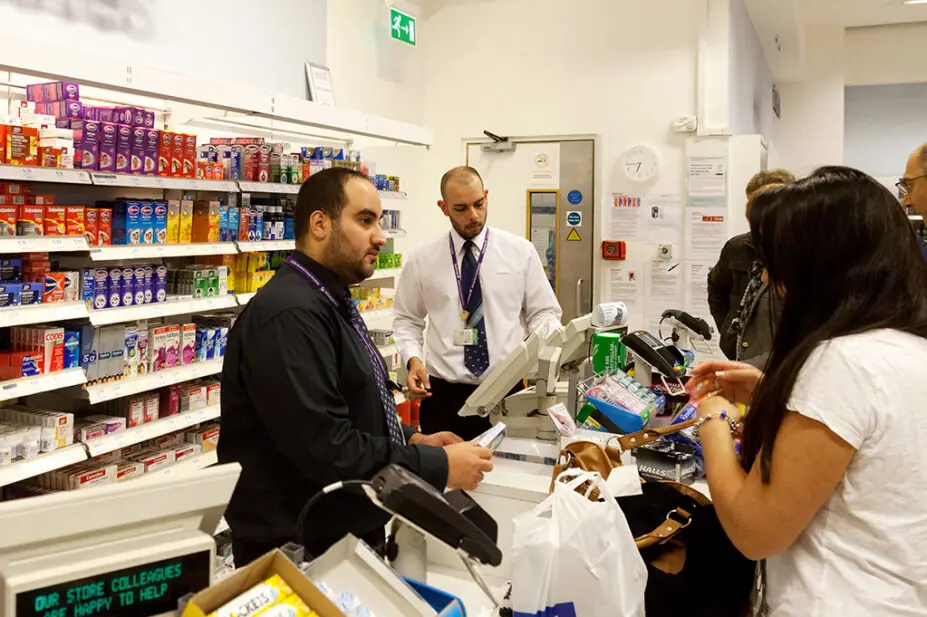
Kumar Sriskandan / Alamy Stock Photo
The number of pharmacists who applied to the Overseas Pharmacists Assessment Programme (OSPAP) dropped by two-thirds between 2022 and 2023, data from the General Pharmaceutical Council (GPhC) have shown.
The data, seen by The Pharmaceutical Journal, show that there were 302 applications to join the programme during 2023, down by 67% from 2022, when there were 909 applications.
Currently, pharmacists who qualified outside the European Economic Area (EEA), or who hold an EEA pharmacist qualification not recognised in the UK, must complete the one-year OSPAP and 52 weeks of foundation training before they can apply to register with the GPhC.
The fall in applicants follows a 101% increase in OSPAP applications between 2021, when 437 applications were received, and 2022.
Data also showed an increase in applications of 26% in the financial year 2022/2023 (757 applications) compared with 2021/2022 (599 applications).
Earlier in August 2024, the GPhC proposed introducing a one-year registration route for overseas pharmacists, which would enable overseas-qualified pharmacists to join the register within one year, rather than the current two years. The current proposals would only apply to pharmacists from non-EEA countries or non-European Free Trade Association countries until 2028.
In a statement published on 6 August 2024, the regulator said that its proposed one-year programme will include both university study and in-practice training, and that “applicants would still all need to pass the registration assessment”.
The GPhC outlined plans to create a working group — to include the Royal Pharmaceutical Society, UK Black Pharmacists Association and other representative bodies — to further develop proposals, on which it expects to consult in 2025.
A spokesperson for the GPhC said the organisation did not collect data on why overseas pharmacists applied to the OSPAP programme. “However, OSPAP courses have been oversubscribed, and this is likely to continue for courses starting in 2025,” they said.
“This may have had an impact on the number of applications (as candidates who have already applied and are on waiting lists for an OSPAP course would not need to apply again),” they added.
In response to a question on whether the drop in OSPAP applicants would affect its proposals to introduce a new route to registration, the regulator said that it would be “consulting with all relevant stakeholders and will carefully consider the feedback we receive”.


